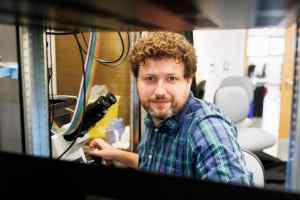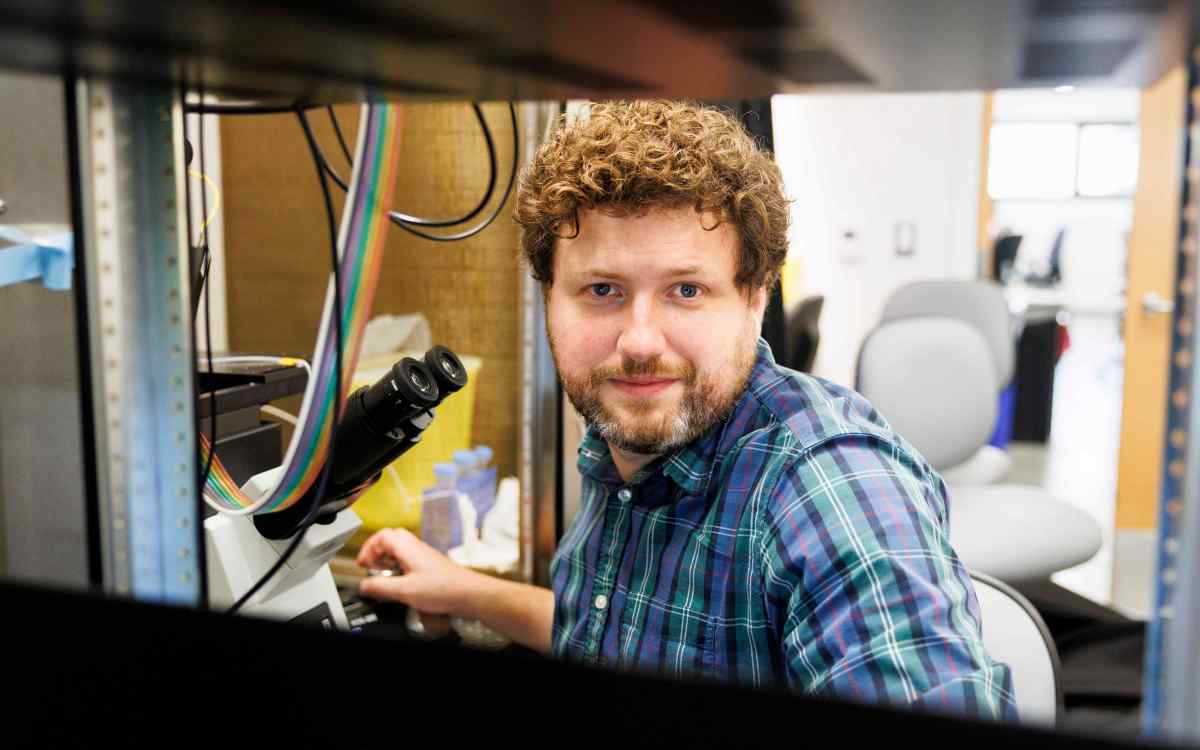Undergrads to compete at Programming Contest
A group of Harvard undergraduates will travel to Tokyo to compete in the Association for Computing Machinery’s 31st annual International Collegiate Programming Contest (ACM-ICPC) on March 12-16. More than 6,000 teams, representing 1,756 universities from around the globe, participated in the regional competitions last fall. The top 88 teams earned coveted spots on the 2007 ACM-ICPC World Finals roster. The Harvard team is one of only 20 U.S. teams scheduled to compete in the World Finals.
Under the guidance of Robert Walton, a research associate at Harvard’s School of Engineering and Applied Sciences, Ameya Velingker ’10, Andrew McCollum ’07, and Yan Zhang ’07 will compete against problem solvers from Wisconson to Bombay and Warsaw during the ACM-ICPC World Finals, hosted by the ACM Japan Chapter and the IBM Tokyo Research Lab.
Teams of three students will be challenged to use their programming skills and rely on their mental endurance to solve highly complex, real-world problems under a grueling deadline. Programmers must tackle problems such as developing a routing program to ensure secure business transactions over the Internet and designing a Global Positioning System (GPS) navigation program.
The team that solves the most problems correctly in the least amount of time will emerge as ICPC champions, earning scholarships, bragging rights, and prizes from IBM. This contest gives collegiate computer programmers the opportunity to hone their problem-solving skills, using open standards such as Linux and Eclipse that are being adopted by myriad industries around the world.
“Over the past year, the Internet has evolved into a fascinating world owned by individuals, using open standards they developed to watch video they posted and read blogs and wikis they wrote, participating in a collaborative social network that transcends physical boundaries,” said Doug Heintzman, a director of strategy at IBM Software Group, and sponsorship executive of the ICPC. “This contest challenges students who will be responsible for creating similar, and better, innovations for decades to come.”





